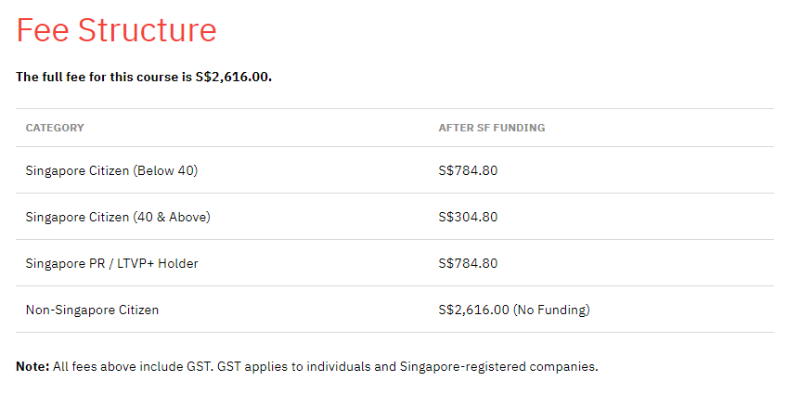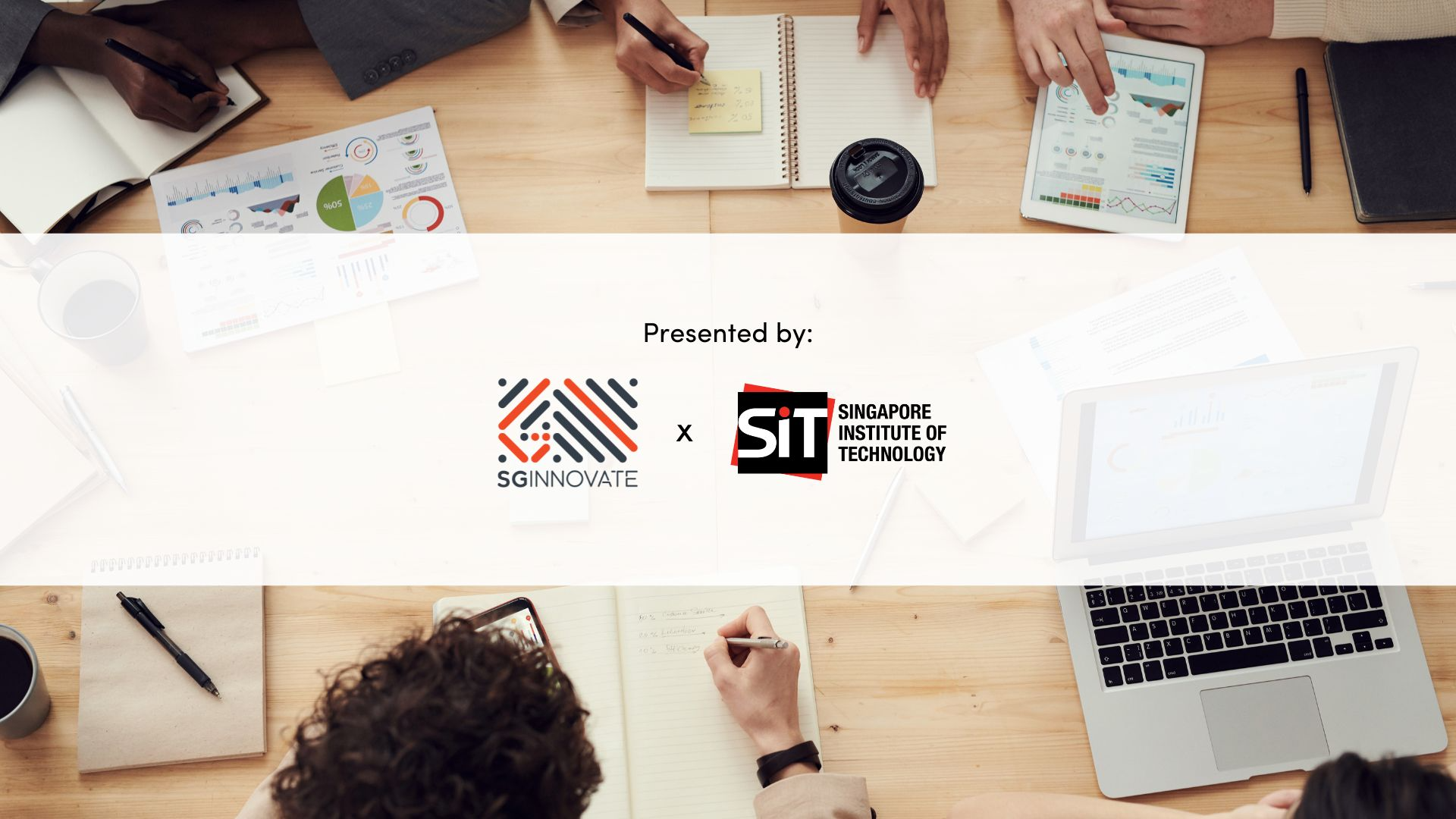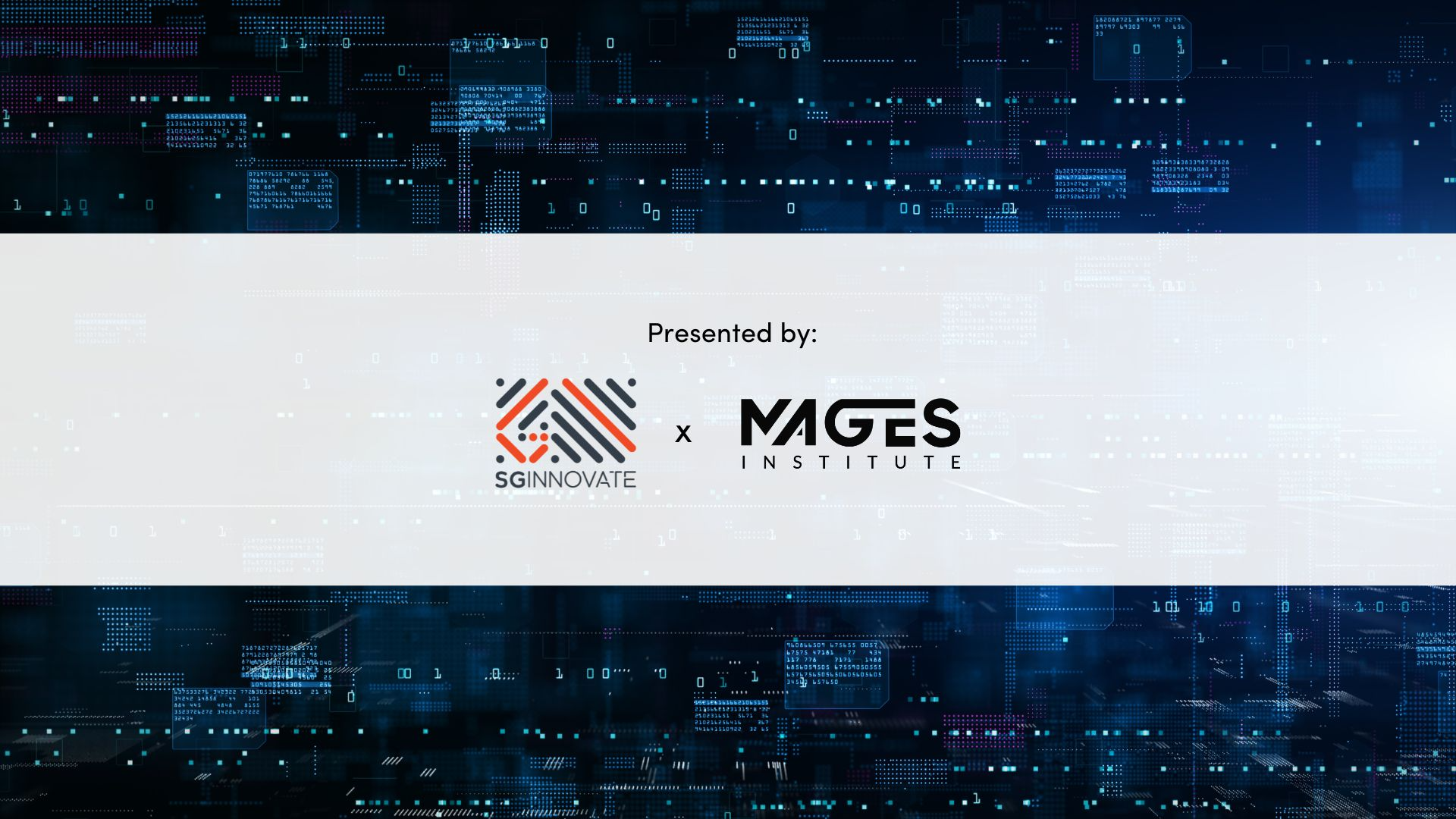Overview
Looking to master Agile methodology? This course is designed to equip individuals with strong foundational knowledge of Agile theory, practices, and behaviours to accelerate understanding and application of Agile principles.
Gain a clear understanding of key concepts and methodologies, and develop the skills to articulate them effectively. Learn practical insights for planning and participating in Agile practices, from ceremonies to utilising essential tools.
Explore real-world examples to uncover critical success factors and avoid common pitfalls in Agile projects. Take advantage of opportunities to apply learnings through case study activities and access toolkits that cultivate Agile mindsets and behaviours, seamlessly integrating them into your daily activities for enhanced productivity and success.
Course Description & Learning Outcomes
Agile Fundamentals and Mindsets
Understand the foundational principles and values of Agile methodologies, including the Agile Manifesto, 12 Agile Principles, and the mindset shift required for agility in project management and product development
Scrums and Sprints
Explore the Scrum framework, with a focus on building effective scrum teams and delivering within Sprints
Agile Roles
Examine the various roles within Agile teams, including the responsibilities and expectations for roles such as Scrum Master, Product Owner, and Development Team members
Emphasise collaboration and effective communication among these roles
Epics, Product Features, and Backlogs
Learn how to break down project requirements into manageable components, including creating Epics, defining Product Features, and crafting User Stories to guide development and facilitate communication
Estimation
Focus on Agile estimation techniques, including methods like story points, planning poker, and relative sizing to estimate effort for User Stories
Develop a shared understanding of team capacity and improve release planning accuracy
Kickstart the Sprint
Address the practical aspects of preparing for a Sprint, including Sprint 0 activities to ensure a well-organised start by preparing the product backlog
Roadmap Planning
Explore techniques for aligning Agile development with organisational goals, including creating and maintaining Agile roadmaps, prioritising features, managing dependencies, and adapting to changes in business priorities
Sprint Ceremonies and Artefacts
Cover various ceremonies and artifacts in Agile development, such as Sprint Review, Sprint Retrospective, and Daily Stand-ups
Gain insights into the purpose and value of artifacts like burndown charts, velocity and the Definition of Done
Schedule
End Date: 08 Nov 2024, Friday
Location: SIT@Dover Campus, 10 Dover Drive, 138683
Pricing
Course fees: The full fee for this course is S$2,616.00 (inclusive of GST)

Skills Covered
PROFICIENCY LEVEL GUIDE
Beginner: Introduce the subject matter without the need to have any prerequisites.
Proficient: Requires learners to have prior knowledge of the subject.
Expert: Involves advanced and more complex understanding of the subject.
- Agile Methodologies (Proficiency level: Beginner)
Speakers
Trainer's Profile:
Quek Aik Juei, Business Architecture Manager, Accenture
Aik Juei is an experienced Agile Coach with a proven track record in guiding diverse teams through successful Agile transformations. He has demonstrated expertise in coaching both client projects and in-house teams, fostering an Agile mindset and practices. He is skilled in leading Agile squads, ensuring efficient project delivery within Agile frameworks. Aik Juei is also adept at tailoring Agile methodologies to meet project and organisational needs, driving continuous improvement and delivering value.
Trainer's Profile:
Han Lim, Business and Technology Associate Manager, Accenture
Han is an experienced lead with a good track record of steering team members through successful Agile and Digital transformations. He is adept at strategically planning Agile activities to synchronise squad capacity with expected delivery items, ensuring optimal team performance. Additionally, he demonstrates effectiveness as a lead by fostering continuous innovation within the delivery process, while maintaining a keen focus on collaboration, communication, and adaptability.






